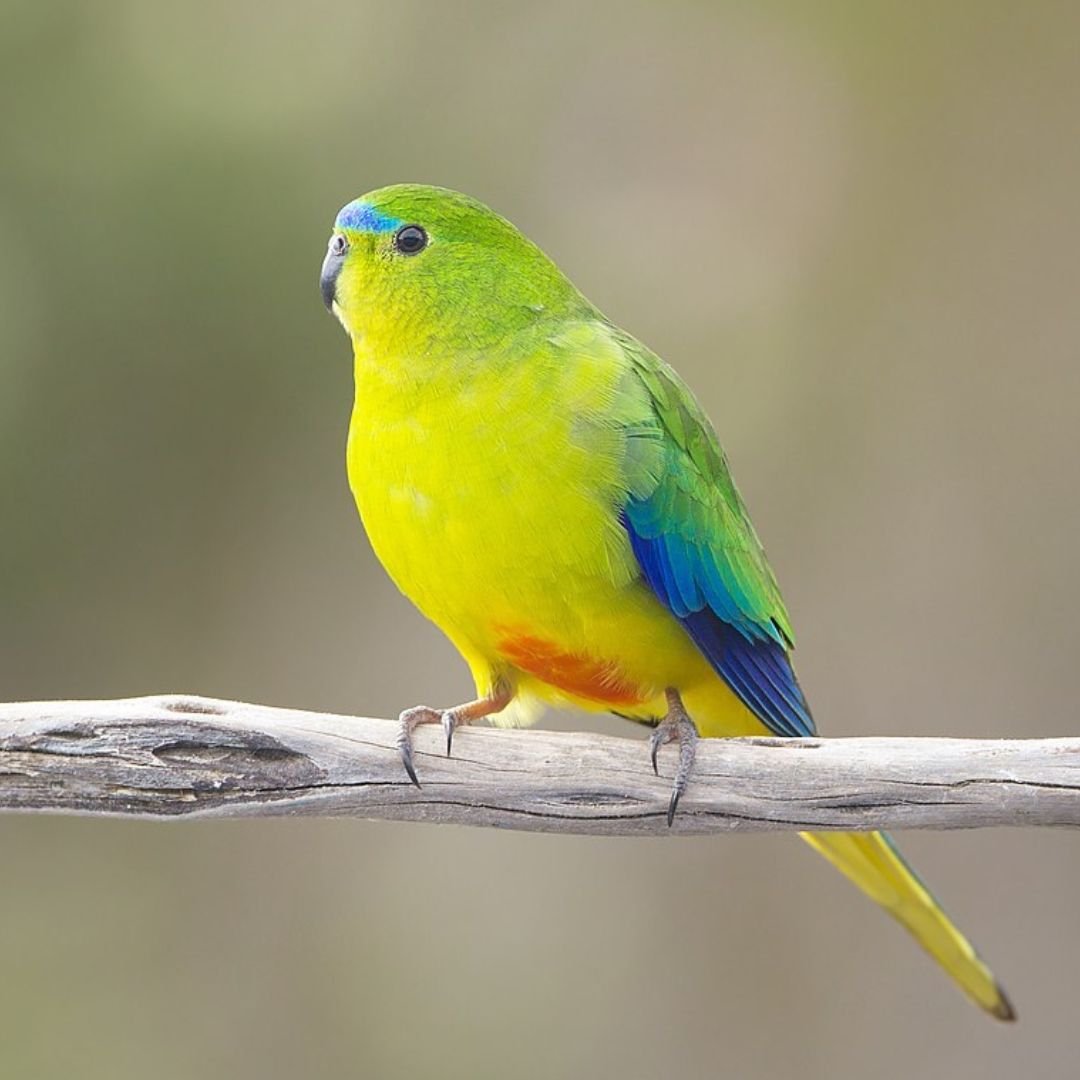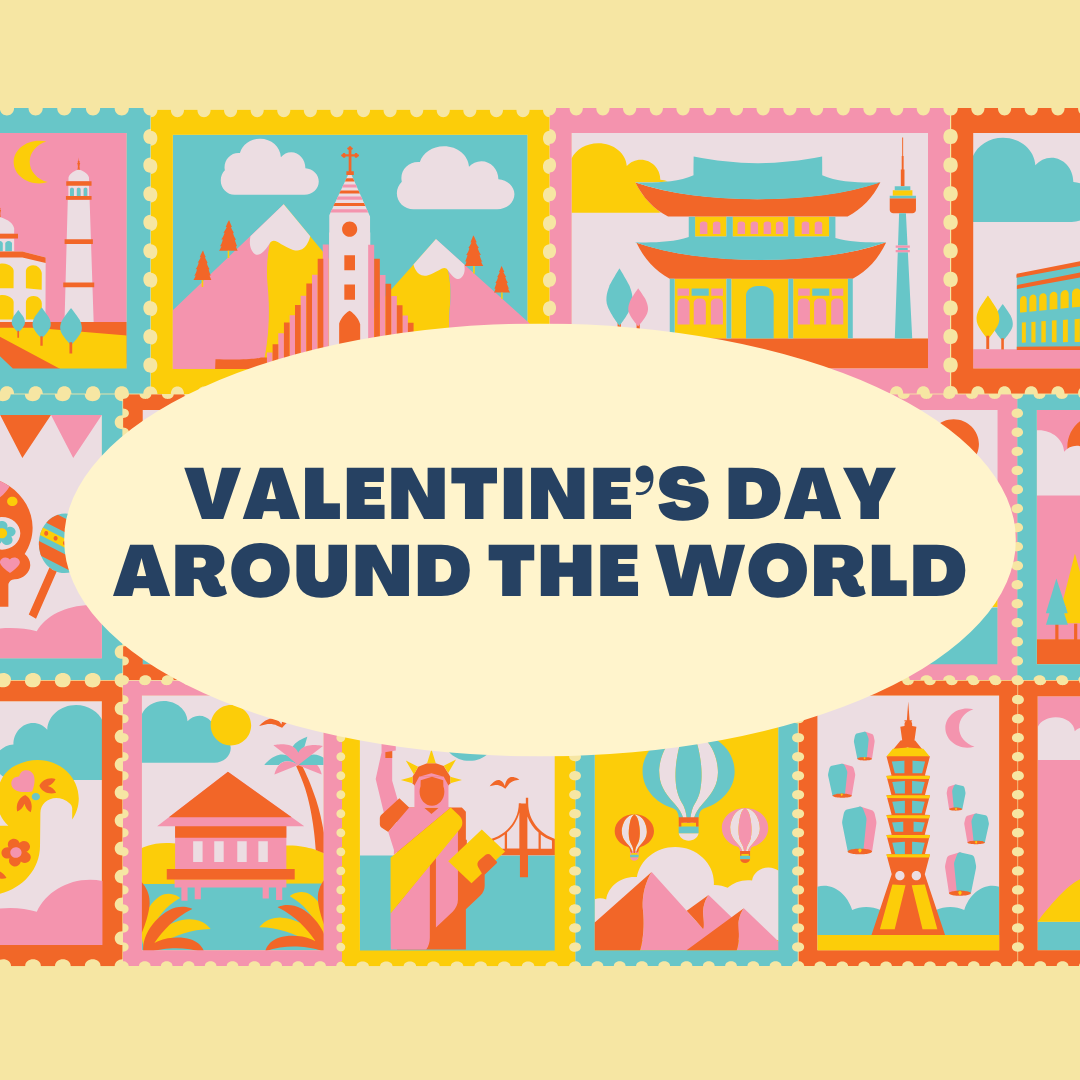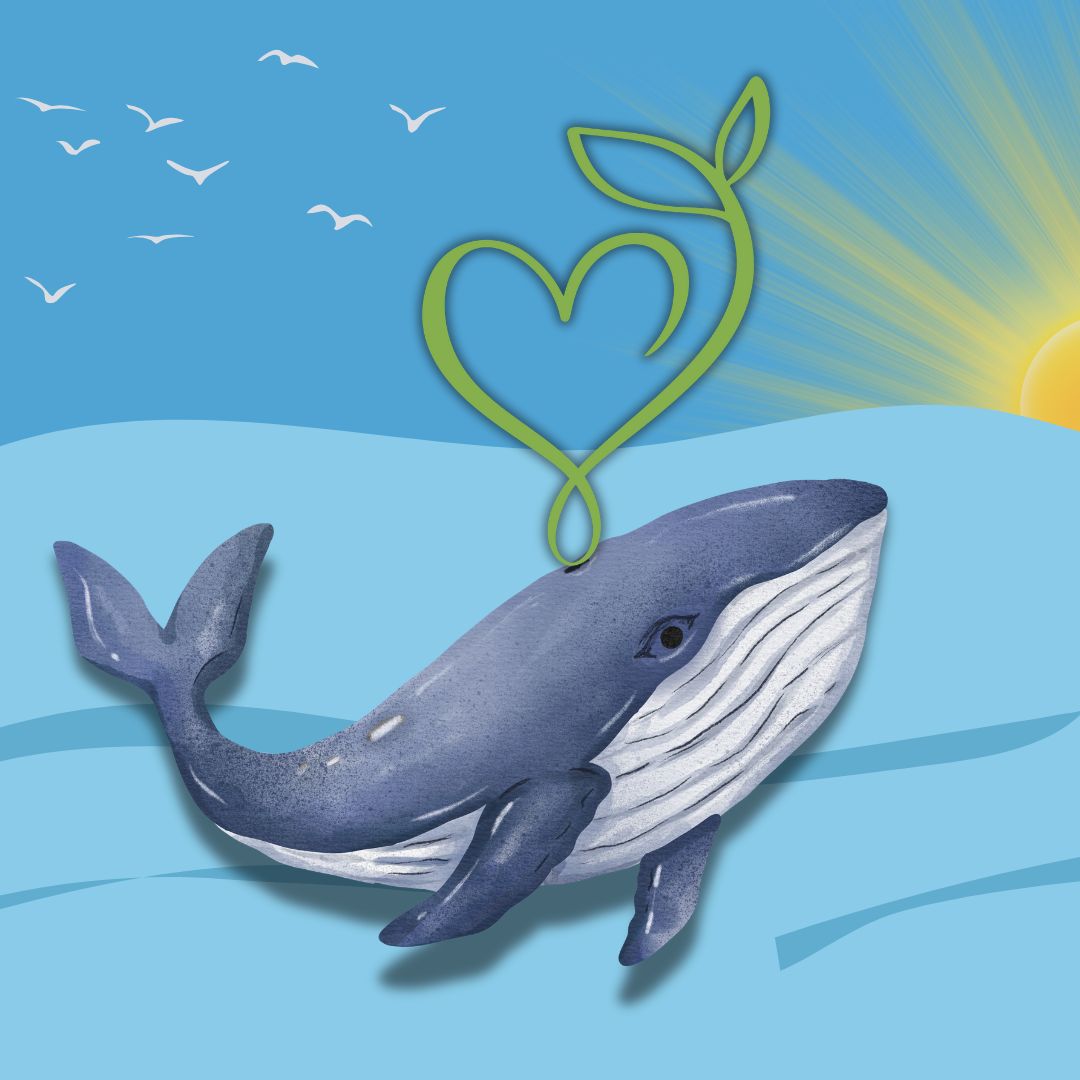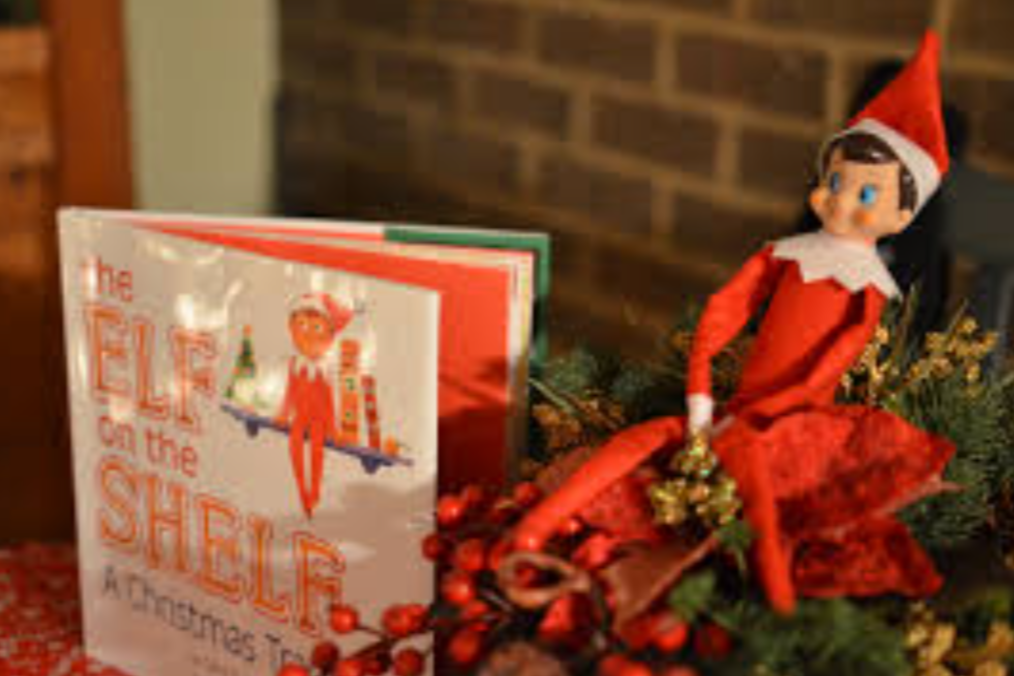Across the United States, people have many different dialects in different parts of the country, and with those differences come interesting names for the same things. Some people in the Northern states of the country might call a carbonated beverage “pop,” whereas people down in the Southern states call it “soda.” These differences aren’t a bad thing, in fact, they provide a look at how even though we live in the same country, every single part of society is unique.
The definition of dialect is a variety of a singular language distinguished by features of vocabulary, grammar, and pronunciation from different regional parts. Dialect changes based on where you are in the country, and with the way teenagers and adults talk today, there is an even greater change to the way we speak. But all those differences create a single language, just with different ways of speaking.
Many dialects originated from settlement patterns, and since it is from that long ago, there have been improvements and changes that have expanded the English language as we know it. People often get confused when someone says a different name for something, but that is mainly because they just haven’t heard it said in their region of the world. Just because it is a different name for something, doesn’t make it incorrect.
All of the changes in so-called “slang,” and other important factors have greatly affected how the English language is now compared to back when the settlers first arrived. As society has developed and evolved, so have the people and the language that they speak, creating a more unique way of speaking. So next time you hear someone say “pop,” instead of “soda,” it is a great reminder that everyone is unique, and language is only going to continue to evolve and change as we grow.
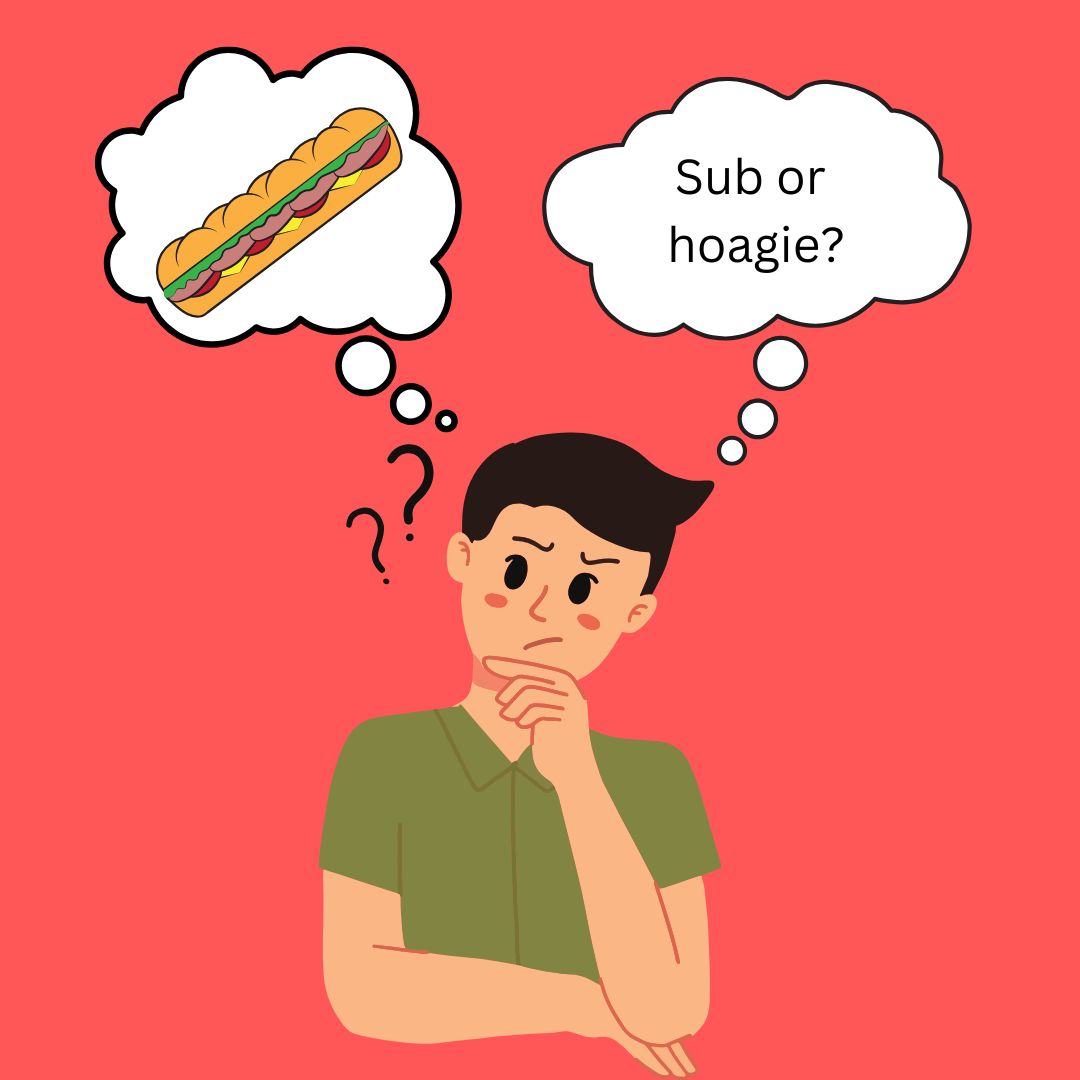
Story continues below advertisement




